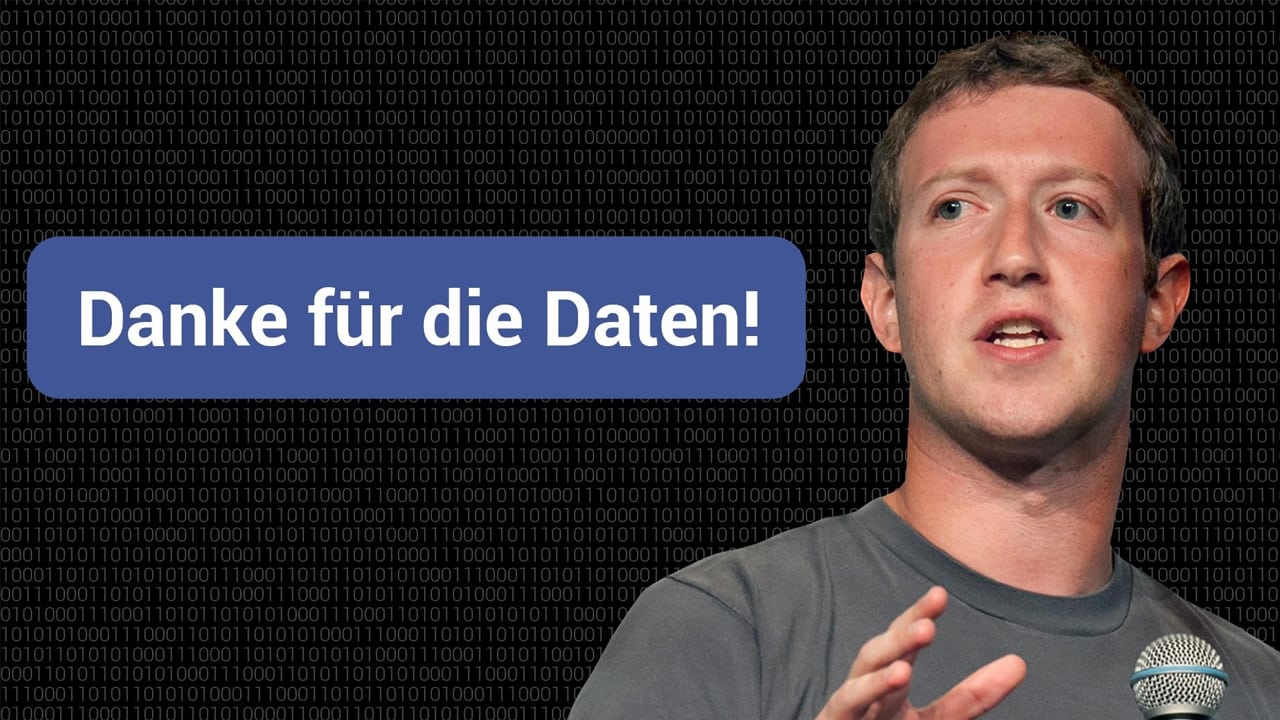

If the ambition is to provide two hours of instantly forgettable, popcorn-munching escapism, it succeeds.
... View MoreThe movie's neither hopeful in contrived ways, nor hopeless in different contrived ways. Somehow it manages to be wonderful
... View MoreI didn’t really have many expectations going into the movie (good or bad), but I actually really enjoyed it. I really liked the characters and the banter between them.
... View MoreIf you're interested in the topic at hand, you should just watch it and judge yourself because the reviews have gone very biased by people that didn't even watch it and just hate (or love) the creator. I liked it, it was well written, narrated, and directed and it was about a topic that interests me.
... View MoreI'll be brief. We're all being watched. Every second of our life. And I'm not exaggerating or being paranoid. That's just how it is. This documentary is really scary. And for a good reason. Because it is freaking scary.Facebook and smart phones is the best invention NSA could hope for. Imagine that with just the right technology, anyone can tap into your phone and at any point of time they can see through your phone, they can hear through your phone, and even know what you're thinking at the moment. All their wet voyeuristic dreams come true.So do yourself a favor, watch the movie, realize the truth, and join the forces to fight against mass surveillance.
... View MoreThis spirited documentary weaves through popular television and movie clips, privacy experts and interviews with those who've shared too much on the Internet and, consequently, landed on the wrong side of the law. No one gets off scott-free, especially not Mark Zuckerberg whom Hoback confronts in a darkly comedic conversation at the film's climax. Hoback told AFP: "I just wanted him to say, 'Look, I don't want you to record me,' and I wanted to say, 'Look, I don't want you to record us.'"
... View MoreWith the rise of the internet, and technology in general, it's no surprise in the influx of documentaries concerning internet freedoms and the legalities of businesses that operate or function heavily online. Intersecting themes with these documentaries are usually personal freedoms, human rights, and a mindset heavily emphasizing individualism and personal accountability. With the recent NSA leak and the upcoming film The Fifth Estate, focusing on WikiLeaks and the Julian Assange controversy, don't expect this topic to go away any time soon.Terms and Conditions May Apply focuses on that lengthy, disgustingly long wall of text you're greeted with every time you register for a website, be it Facebook, Amazon, Twitter, EBay, etc. Consider iTunes, a service I have not used in about four years but one I have fond memories of. The service would update its terms and conditions roughly every five months and you'd be met with immediately when you'd try and buy a song or a piece of media after the new terms and conditions were enacted. All you had to do was check a box saying "I agree" and you could proceed with buying the song. My question: who took the time to read that gargantuan wall of text? Most of it, from what I assumed because hey, I never read it, was legal jargon and stating how I consent to not downloading or illegally distributing this property without written/expressed consent from whatever party in an absurdly verbose fashion. I didn't care and I don't think a lot of people did.But if you were to quiz me on what I was agreeing to, I wouldn't have a clue. How ignorant is that? I couldn't tell you any website's privacy policy and I'm a member of over ten mainstream sites. Director Cullen Hoback elaborates on just what we're agreeing to and how it can be used against us.Consider Gamestation, a website that, for one day, stated in its terms and conditions that by agreeing to this wall of text you'd be handing over your immortal soul to the site. In one day, the site collected thousands of souls. It's an obvious joke, but what if something was hidden in the terms and conditions, surrounded and barricaded by a wall of unrefined, wordy, confusing text that would have a serious impact if it was put into effect? It's a frightening thought, but it's usually a deeply subconscious thought that becomes even more hidden when you're playing that song on iTunes or updating your profile on Facebook.The film explores privacy policies and what the government and specific companies can see on the internet. Essentially, they can see everything. The opening line of the film is a haunting one stating, "anything that has been digitized is not private and that's the scary thing." Interviews are conducted with sociologists, journalists - one of whom Barrett Brown, who has appeared in numerous internet documentaries and is now imprisoned - and many others who state that the internet has become an invaluable resource while simultaneously an intricate tool that can just as easily be used against people.Statistics noting that companies have lost $250 billion due to fine print lawsuits and it would take you around one-hundred and eighty hours to read the privacy policies of every site you're a member of. The latter statistic reminds me of a bill that is halted in the U.S. Congress at this time called the "Read the Bills Act," which, if signed into law, would make it a requirement for Congress to, well, read the bills before they pass them. Ignore the disgusting fact that we need a bill passed for Congress to do their primary job, but what could be the reason that a bill like this needs to exist? One of my guesses is that maybe the bills are bulky and overly-long, leading to much dismay and tedium when reading and analyzing them. Perhaps this is a call for shorter legislation and terms and conditions; ones that are more simple and to-the-point rather than being daunting legal contracts that intimidate rather than inform.Terms and Conditions May Apply is a good film, albeit far too short. Hoback makes a great case for internet activism and an internet that remains open and constructed by the people rather than by corporations and big government, and things even take a surprisingly personal turn at the end when Hoback attempts to get a word in with Mark Zuckerberg, the founder of the website Facebook. The biggest achievement of the documentary, however, is that it's seventy-nine minutes long but doesn't deserve the "pamphlet" term I assign to documentaries that take a micro-look at a macro-subject. This is more of a very organized, moderately elaborate Cliff Notes version of a subject.Directed by: Cullen Hoback.
... View MoreThis is an important and frightening film, about how Google, Amzaon, Flickr, Facebook, Twitter, Pinterest, Linkdin - and IMDb? - harvest our personal information and onsell it to the highest bidder, or to the government. How we don't read that wodge of text in capitals comprising "Terms and conditions" before we click "Accept" - nobody could, it would take a month per year for everything we sign. But even when that text is brief and written in plain English, it gives those corporations unprecedented power over our personal information - including the right to change the rules without telling us, to increase their power without limit and without asking again, and to keep it forever, even after we have "deleted" it. The film is entertaining, including how a seven year old boy was interrogated about something he had texted; how an Irishman on holiday in the US never got into the country but spent days in confinement instead, because he had used "destroy America" as a figure of speech in a tweet; how people planning a zombie parade during the Royal Wedding were arrested based on the social media planning; and how a TV crime writer was raided based on his Google searches. I saw this a few days after "We Steal Secrets: the story of Wikileaks". It is the better film, letting the facts speak for themselves more.And now I'm getting paranoid about what will happen to me for writing this....
... View More